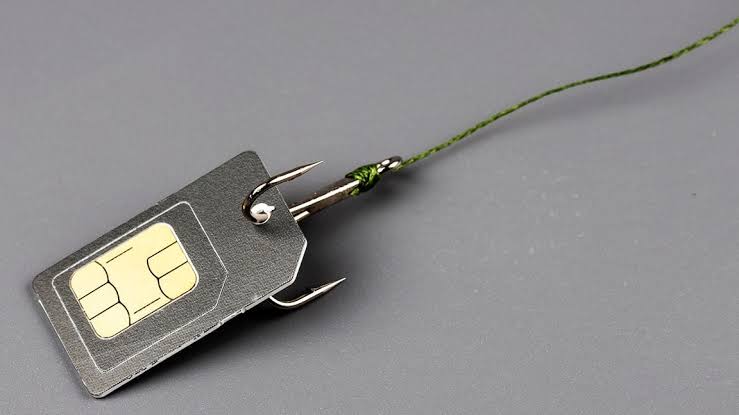Telefónica (TEF), a major global provider of telecommunication services, and Chainlink (LINK), a decentralised oracle network, are collaborating to protect against Web3-related hacking and exploits, such as “SIM Swap” assaults.
According to a statement released on Thursday, the cooperation will offer security for smart contracts that will communicate with other Application Programmable Interfaces (APIs) over the “GSMA Open Gateway.” According to the statement, GSMA, an organisation made up of more than 1,000 mobile operators and companies, launched the GSMA Open Gateway, which introduced APIs to assist in integrating telecom technologies into the Web3 ecosystem.
Preventing exploits like “SIM Swap,” a type of hacking tool based on identity theft and fraudulent impersonation of a financial account holder, would be one of the initiative’s initial use cases. The Web3 business has been using this strategy more and more, and one of the most high-profile examples of this kind of fraud is the $400 million that was stolen from Sam Bankman-Fried’s FTX when the exchange was about to collapse in 2022.
Telefónica plans to launch SIM SWAP, the first GSMA Open Gateway API, in Brazil to fortify blockchain transactions with additional security.
.”This integration not only enhances transaction security but also introduces an extra layer of security to blockchain transactions by enabling smart contracts to now make information requests to the API, ensuring that a device’s SIM card has not undergone any unauthorised changes,” the statement continued.


